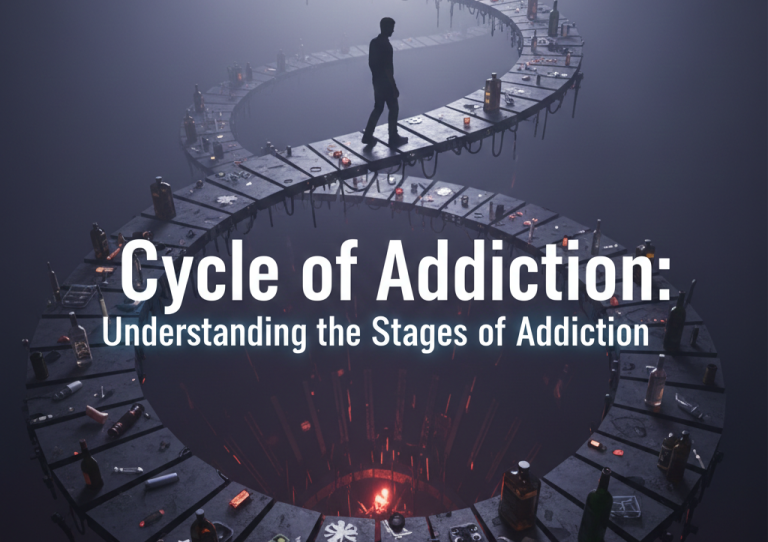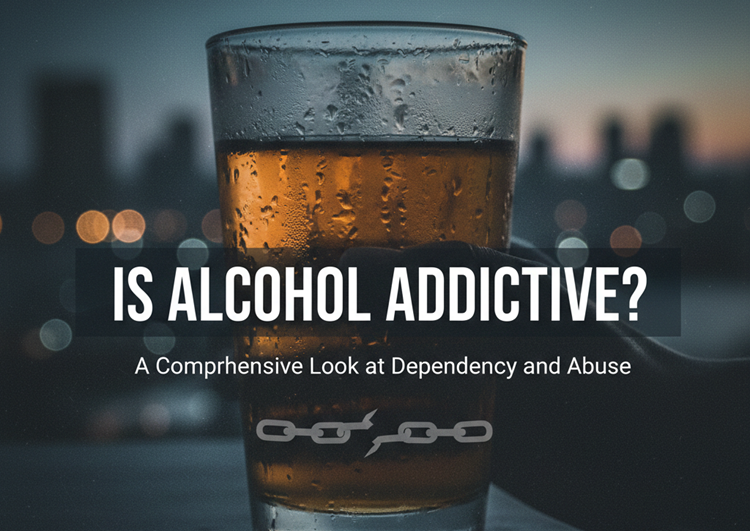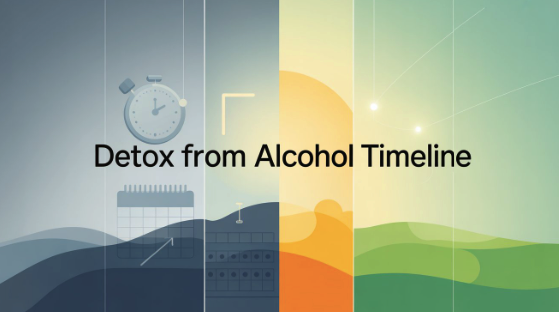The misuse of whippits, or nitrous oxide, is becoming more popular as a form of recreation. Even though it is mainly used in medical and industrial settings, nitrous oxide is used to get high. Often used for a dose that only lasts for a few minutes, whippits are inhaled from canisters, whipped cream dispensers, or balloons, and as they gain popularity more and more people become addicted.
In this blog, we will discuss what whippits are, the signs and effects of addiction, and the treatment plans.
What Are Whippits?
Whippits, or whippets, are the use of nitrous oxide for recreational purposes. Nitrous oxide is a colorless odorless gas that is often used in dental practice as a sedative or in aerosol preparations such as whipped cream dispensers. When used in treatment it is done in a very regulated manner and only by the right professionals. However, when taken recreationally, nitrous oxide is inhaled in large doses to produce a sensation of happiness, dizziness, and relaxation.
It’s usually taken through a balloon or a canister and the effects are felt almost immediately, but they don’t last very long, only for a few minutes. Users said that they can experience short-term dissociation from reality, along with some laughing or even feeling of being silly that’s why this gas is also called laughing gas.
Even though whippits do not seem to be dangerous to some, their regular and excessive consumption can cause addiction and threaten people’s health.
Struggling with whippit addiction?
At Orlando Treatment Solutions, you will find a complete package of treatment services that can help you quit whippit addiction. If you or a loved one is struggling with whippit dependency, it is time to contact us and get more information on our treatment options.
Signs and Symptoms of Addiction
Identifying the symptoms of whippit addiction is the first step in getting treatment. As for the occasional use, it is not always linked with dependence, but frequent misuse causes addiction and some other symptoms.
Physical Symptoms
- Dizziness and nausea: A side effect of nitrous oxide is dizziness, which may continue with continual use of the substance. Long-time exposure may lead to an effect of nausea and vomiting.
- Fatigue: Whippits can make people feel very tired and weak after the effects of it have worn off.
- Numbness or tingling: One well-known side effect is that the hands, the feet, or the face may tingle and may become numb due to nerve damage.
- Muscle weakness: It can also lead to muscle atrophy which makes it hard to move around.
Mental and Emotional Signs and Symptoms
- Frequent cravings: Cravings that are caused by addiction interfere with normal functioning in society and day-to-day activities. People using whippit are said to tend to neglect other responsibilities in a bid to get the next hit.
- Memory problems: Prolonged usage of nitrous oxide causes memory loss and reduced concentration and hence causes cognitive damage.
- Mood swings: Side effects of dependence on nitrous oxide include emotional changes which may include irritability, anxiety, or depression.
- Social withdrawal: The addiction may progress to a stage where the user distances himself or herself from family and friends to feed the addiction.
In case you experience these symptoms in yourself or your friend it is advisable to consult a doctor before the condition gets worse.
Health Risks of Whippit Abuse
Though the short-lived happiness of whippits may seem quite innocent, there are some detrimental consequences of using them. The immediate effects are usually undesirable though the consequences of using the substance regularly over an extended period are devastating or lethal.
Short-Term Health Risks
- Loss of motor control: Nitrous oxide also poses health hazards in that it makes users clumsy, and thus they may trip or slip and fall.
- Suffocation risk: Using nitrous oxide in a closed area or with poor ventilation causes oxygen deprivation that may lead to suffocation or brain damage.
- Headaches: The use of nitrous oxide too often leads to severe headaches because it puts a lot of pressure on the brain and the nervous system.
Long-Term Health Risks
- Nerve damage: Nerve damage is one of the most serious long-term consequences of whippit abuse. Long-term use of nitrous oxide reduces the body’s stores of vitamin B12 and this results in a disease known as sub-acute combined degeneration (SCD) which affects the spinal cord and nerves.
- Memory loss and cognitive decline: Nitrous oxide abuse can also cause long-term memory loss and reduced brain function; this means that people are unable to concentrate, learn, or even remember things they did in the past.
- Organ damage: Long-term use of the gas may negatively affect the lungs, heart, brain, and other vital organs of the body.
- Risk of overdose: Although not common, over-administration of nitrous oxide may cause an overdose which may lead to coma and death. This is mostly a result of a lack of oxygen through the period of inhalation.
Whippet Addiction Treatment Options
The general treatment for whippit addiction includes several behavioral and counseling therapies along with medical management for the physical and psychological dependence respectively.
Behavioral Therapies
- Cognitive Behavioral Therapy (CBT): CBT teaches the patients their substance use cues and how they can avoid them or find other ways of dealing with stress.
- Group therapy: Sharing concerns with other people going through similar conditions can make a person feel less alone and isolated and help in some way.
Medical Detox
In some extreme conditions, it may be required to detoxify the body to eliminate the substance. This should always be done under medical supervision because as it has been mentioned above withdrawal symptoms can be difficult.
Ongoing Support and Rehabilitation
It is therefore important to seek follow-up care after receiving treatment to avoid reoccurrence of the same. Most of the rehab facilities provide the following aftercare services; counseling, group meetings, and support groups to ensure that the patient does not relapse.
How to Help Someone Struggling with Whippit Addiction
If you have a loved one who may be battling with whippit addiction, here is how you should confront them. Don’t blame or criticize, instead tell them that you are worried about them and would like them to seek help from a professional. Sometimes persuading them to seek professional help is one of the most effective ways of helping them overcome the disorder.

Whippit addiction is becoming more and more widespread and hence knowing the dangers and the symptoms can assist in getting the required assistance on time. If you or someone close to you has developed a whippit abuse problem, it’s important not to wait for the problem to worsen. Consult a specialist and start the healing process. You can also contact us at Orlando Treatment Solutions to learn more about this issue and how we can help you get on the path to recovery. Give us a call today at (321) 415-3213.



























